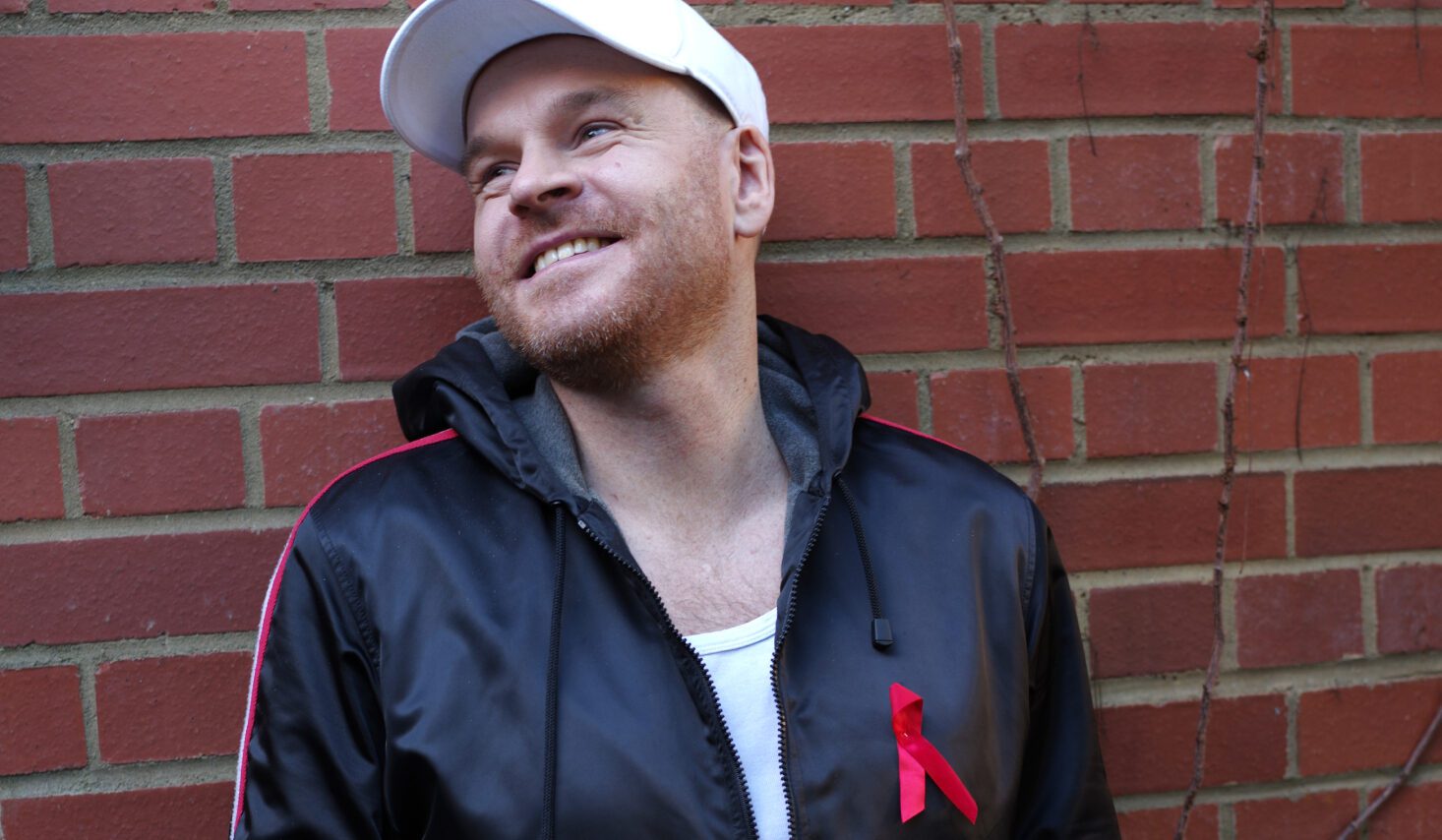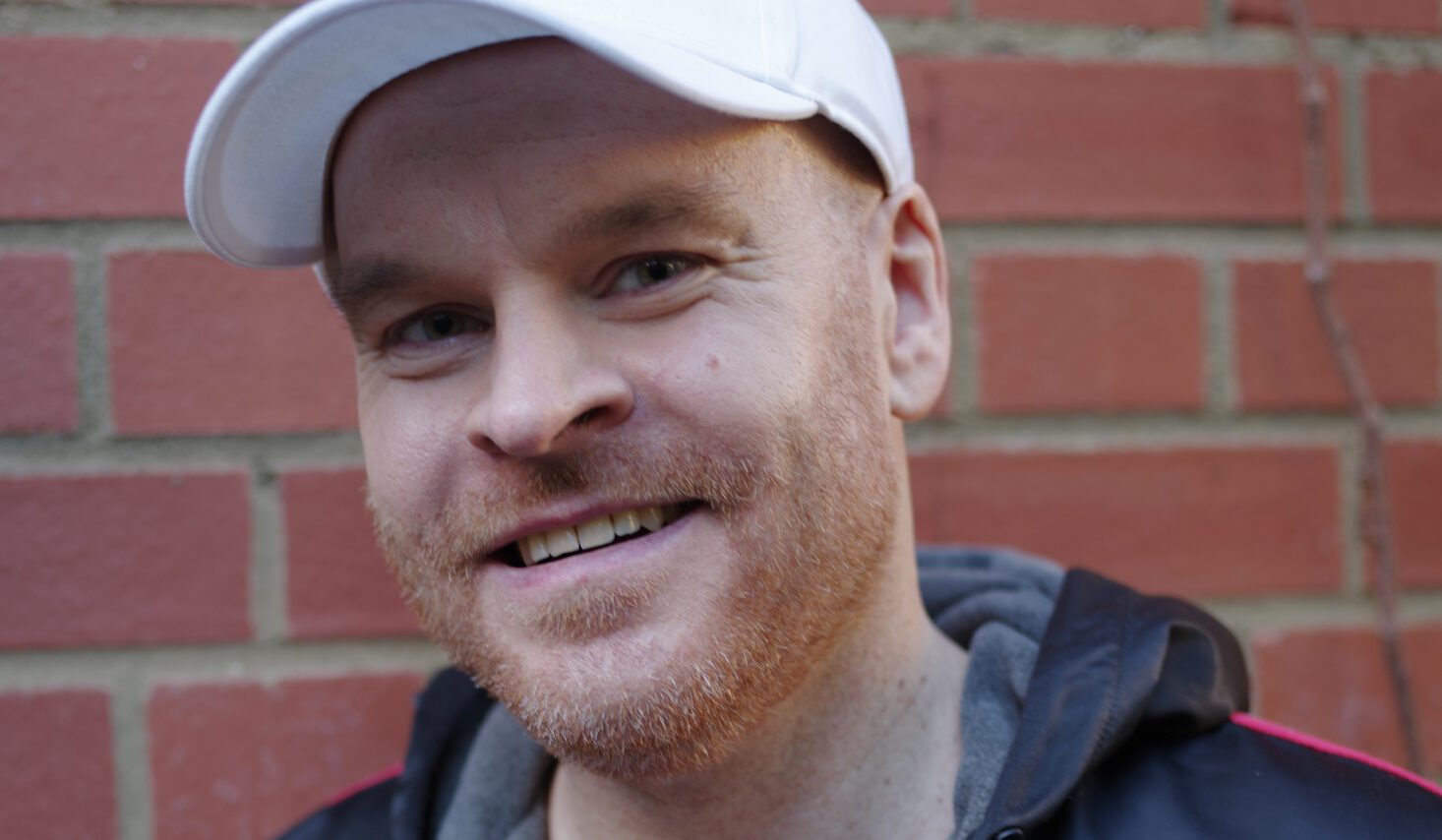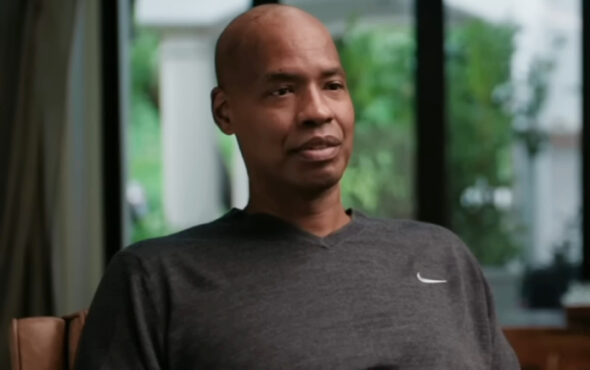
On 18 January 2010 I was diagnosed with HIV – 12 years ago. There have been tremendous changes in both our society and the prevention, treatment and care surrounding HIV since then.
Gordon Brown was still the Prime Minister of the UK in January 2010 – it wasn’t until May 2010 that the Conservative and Liberal Democrat coalition came to power. That all seems like a distant memory – three elections, two referendums (Scottish Independence and Brexit) and the coronavirus pandemic have made for a turbulent time.
It’s not just that I’m getting older – the world really is changing at a more rapid pace. We are in the third year of the coronavirus pandemic and, while I am getting on with everything, I certainly haven’t learned to live with coronavirus yet. Inflation is higher than it has been for decades, there is a looming cost of living crisis and it’s difficult to travel overseas.
Technological advances are taking place at such a rapid pace that, even as a 36-year-old, I often feel out of my depth. It’s clear that climate change will have a dramatic impact on the way we live our lives over the next two decades – many things my own and previous generations have taken for granted will be challenged.
However, a consistent factor in my life is the quality of my HIV care. Since my diagnosis I have had four HIV consultants. The first few years following my HIV diagnosis were particularly difficult. I was actually diagnosed with both HIV and hepatitis C. Whereas there are now rapid antiviral treatments for hepatitis C, which are close to 100 per cent effective, hepatitis C was much more challenging in 2010.
There was tremendous stigma around HIV and hepatitis C co-infection. It was not until late 2016 that I became eligible for the new antiviral hepatitis C treatment, which the NHS initially rationed. Hepatitis C is now close to being eliminated amongst gay and bi men in the UK and patients are offered treatment shortly after diagnosis. The situation is a million miles away from the struggle for treatment that many people co-infected with HIV and hepatitis C once faced.

I took three pills a day when I started my HIV medication. The regime has now been simplified to one daily pill. At the end of 2021, it was announced that some people living with HIV will be offered injectable antiretroviral treatments, to be administered every two months. This is about increasing patient choice.
It will be particularly useful for people who struggle to adhere to the daily tablets, have problems swallowing them, find the tablets an unpleasant reminder of their HIV status, or perhaps have an uncertain housing situation, whereby someone shares accommodation with people who do not know that individual is living with HIV or they are homeless.
From around 2017, people living with HIV became aware of the Undetectable = Untransmittable or U = U science. This means that someone living with HIV, who is on effective treatment – with an undetectable viral load – cannot pass the virus on. This is incredibly empowering for people living with HIV, as it means we can be confident that we won’t pass HIV on to a sexual partner. For many people living with HIV, including myself, this was a major source of anxiety.
Since my HIV diagnosis there has also been an increased focus on ageing healthily with HIV and comorbidities in later life. For me, this was always at the forefront of my mind, as having been diagnosed with both HIV and hepatitis C, I had to face up to having a comorbidity at a young age. It’s important to take care of your liver if you’re living with hepatitis C by limiting any alcohol consumption.
I stopped drinking alcohol completely for three years. That pattern stuck and, although my liver is completely healthy now, it’s unusual for me to have more than a drink or two when I go out. Cigarettes were never an issue for me. What I would love to do is get back into the gym, as there is data that over a prolonged period of time some HIV treatments can impact bone density. That’s one facet of my life where there is definitely room for improvement.
While the world has become a more uncertain place – and all of us are having to adapt to that new reality – I have greater acceptance around my HIV and I am more confident than ever in my long term health. There have been astounding medical advances in the past 12 years and that is something we can all take assurance from and celebrate.


